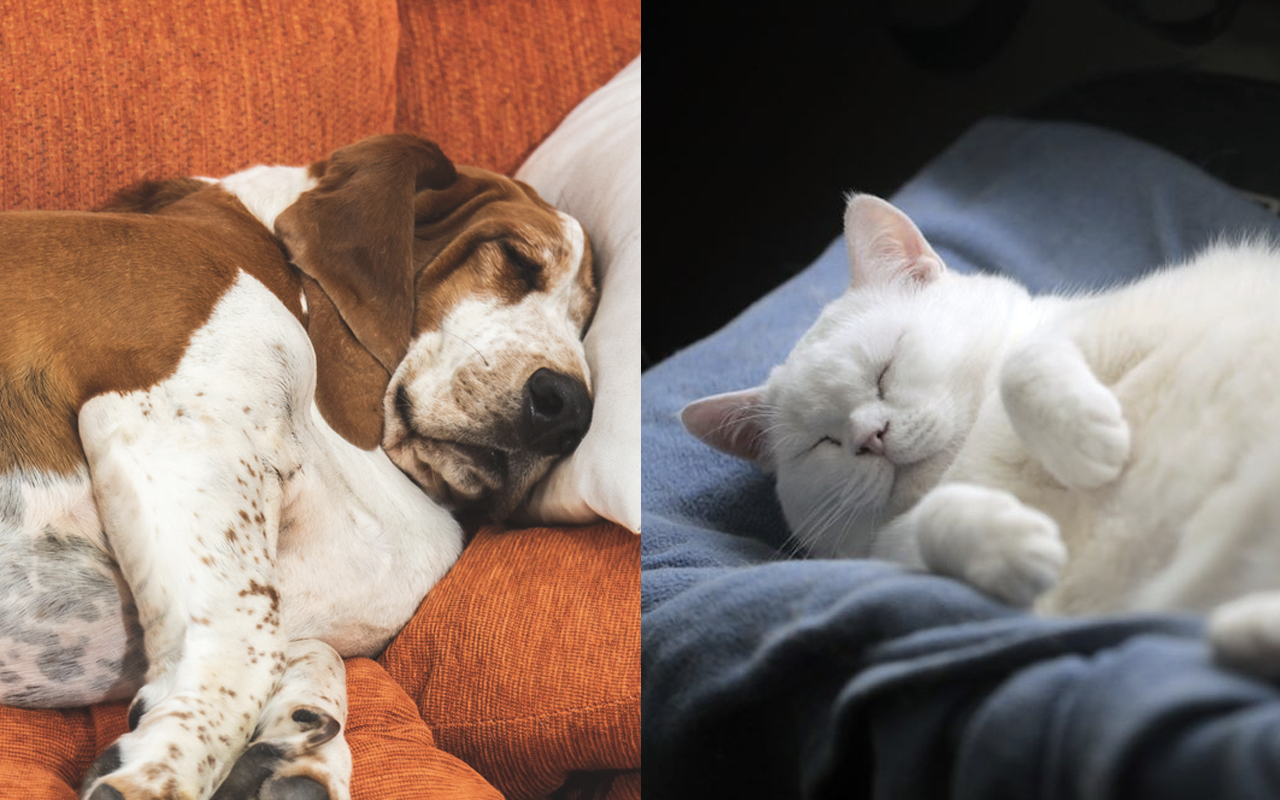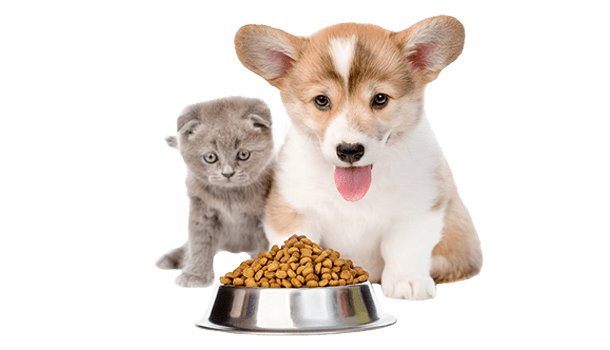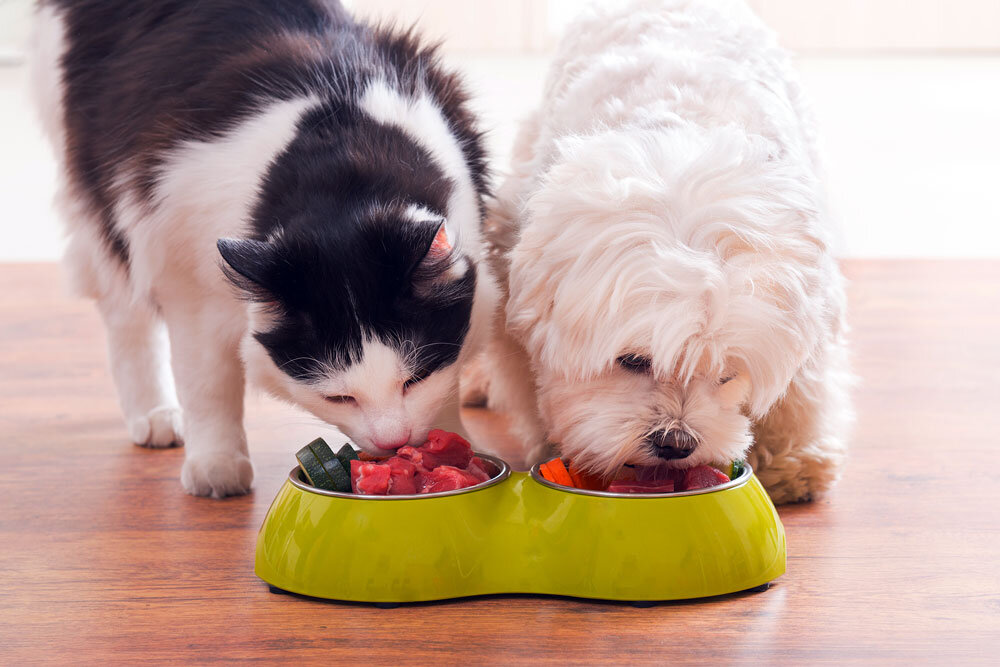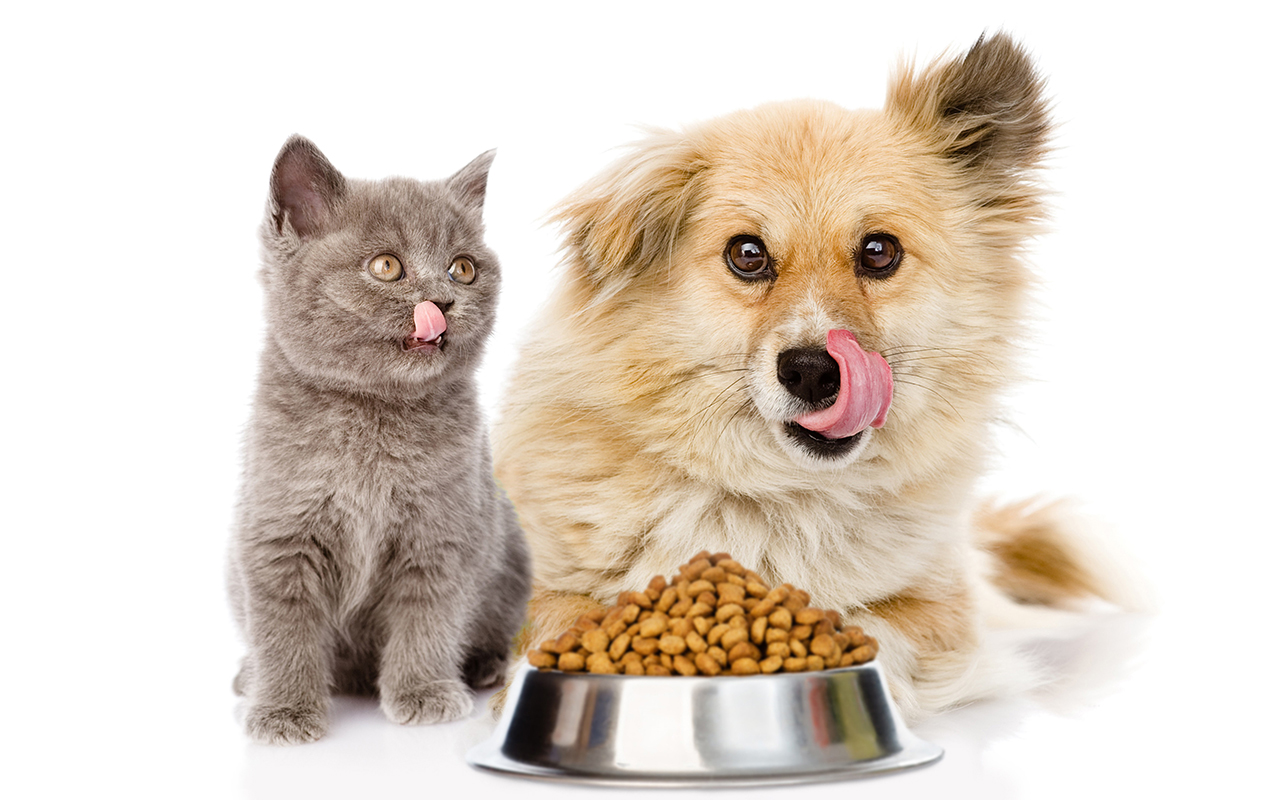
Obesity is a growing problem for both humans and their furry companions. According to the Association for Pet Obesity Prevention, published studies suggest that up to 59% of pet dogs and cats worldwide are overweight. Obesity in pet dogs and cats can lead to serious health problems, including diabetes, heart disease, joint problems, and decreased lifespan. In this article, we will explain the causes of obesity in dogs and cats and share recommendations for weight loss.
 Causes of Obesity in Dogs and Cats
Causes of Obesity in Dogs and Cats
Obesity in pets is caused by an imbalance between the number of calories consumed and the amount of exercise they get. Pets that eat too much and exercise too little are at risk for becoming overweight. Other factors that can contribute to obesity include age, breed, genetics, and underlying medical conditions. Neutered or spayed pets are also at higher risk for obesity because their metabolism slows down after surgery.

Monitor Food Intake
One of the most important things you can do to prevent obesity in your pet is to monitor their food intake. Avoid free-feeding and instead, give your pet specific portions at regular intervals. Choose a high-quality pet food that is appropriate for their age, breed, and activity level. Avoid giving your pet table scraps or treats that are high in fat or calories.

Practise Good Portion Control
It's important to practise good portion control when feeding your pet. Use measuring cups or a food scale to ensure that your pet is getting the right amount of food. Avoid giving your pet extra food or treats, even if they beg or seem hungry. Remember, it's better to provide your pet with small, healthy meals throughout the day than to feed them one large meal.
 Increase Physical Activity
Increase Physical Activity
Regular exercise is essential for preventing obesity in pets. Dogs should be walked daily and given plenty of opportunities to run and play. Cats should have access to toys and climbing structures to encourage play and exercise. Consider incorporating activities like swimming, hiking, or agility training to keep your pet engaged and active.
Recommendations for Weight Loss
The first step in addressing your pet's weight problem is to consult with your veterinarian. They can help you determine the ideal weight for your pet and develop a weight loss plan that is tailored to their needs. This may include a specific diet, exercise plan, or medication to help with weight loss.
Remember, prevention is key, and by taking a proactive approach to your pet's health, you can help them live a long, healthy, and happy life.



Comments